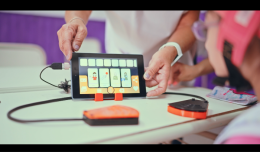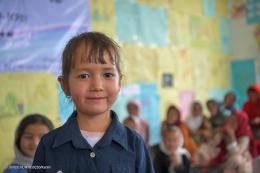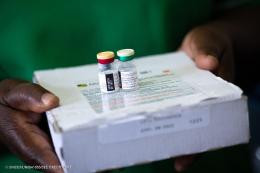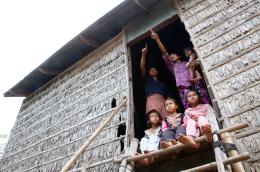The UNICEF Venture Fund is featuring members of our A.I. & Data Science Cohort. In this interview, learn more about Portal Telemedicina, a Brazil-based startup developing a platform that provides fast, reliable, and low-cost diagnostics to over 300 cities in Brazil and Africa, by enabling doctors to make online diagnoses, leveraging an artificial intelligence (AI) integrated layer and insights for medical providers.
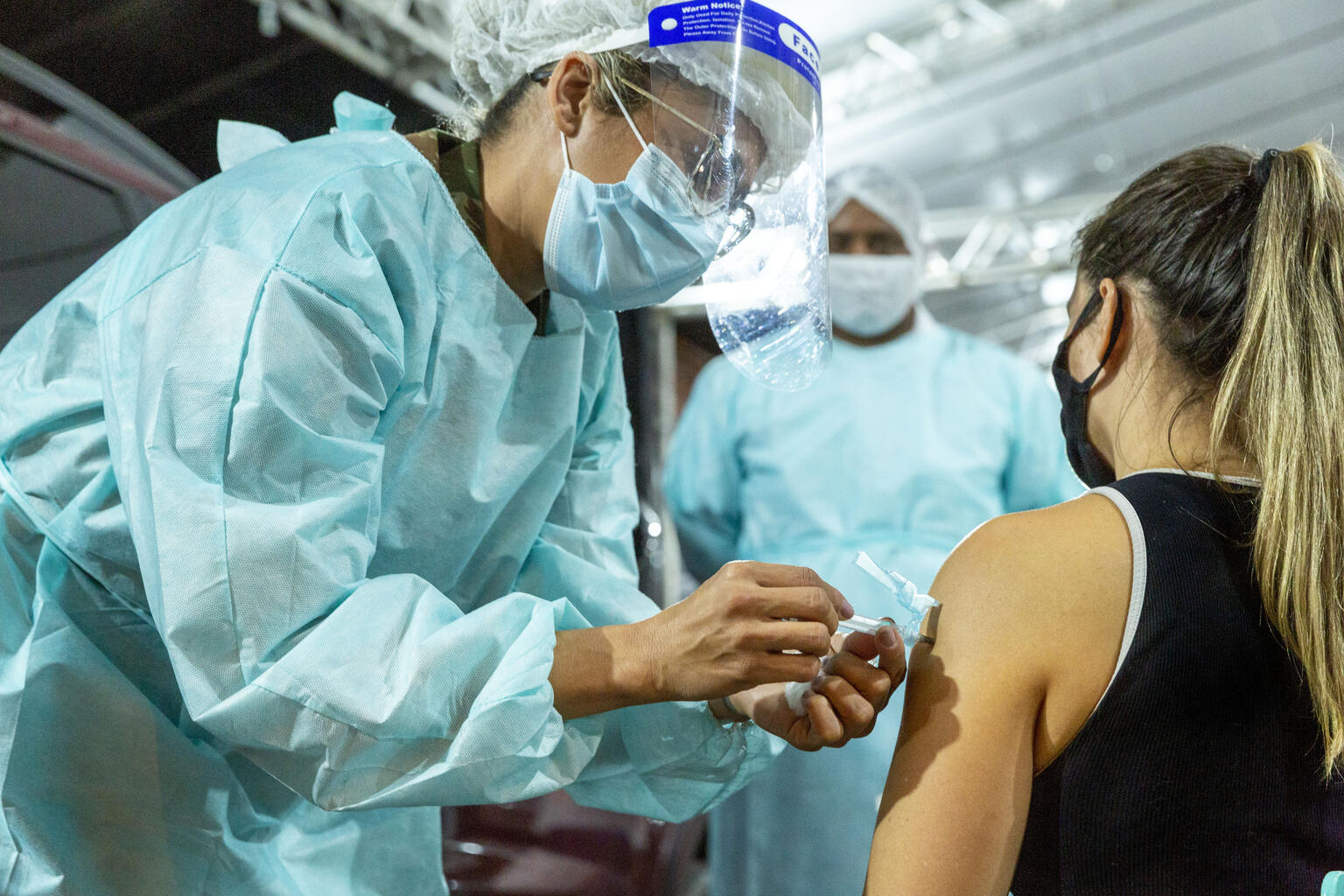
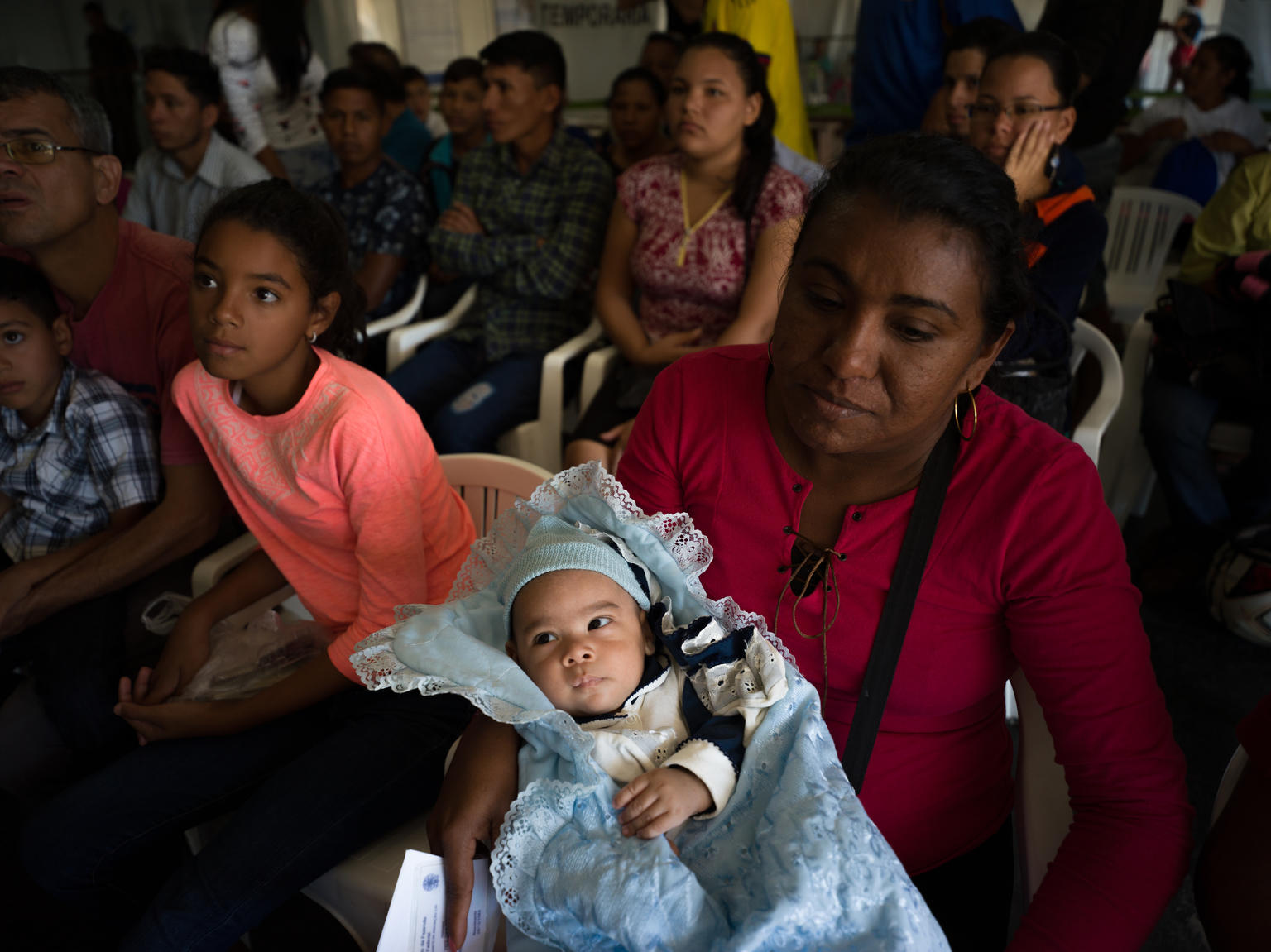
What is unique about your solution and how is it different from what currently exists?
Our central database is an intelligent data warehouse where data is unified and available for algorithms to use. It deduplicates patients and cleans and enriches data automatically. It is made to be easily expanded to accommodate more data and allow for a load of millions of users using it.
The integration of databases from different axes of child development will, by itself, be very useful, but the AI layer for issuing alerts allows tackling the problem at another level.
In addition, the development of distinct interfaces for different audiences will be a unique asset. The mobile app, for example, will allow families to track all of this collected data, enter some more information such as cognitive and social milestones, and attend appointments remotely.
Why does being Open Source make your solution better?
Choosing to work with an open-source platform brings a series of advantages to the solution and to interested members of the public, such as greater transparency and reliability, greater interoperability and freedom to integrate with other systems, lower costs compared to proprietary software, in addition to the possibility of customization and adaptation of the platform to different realities of distinct populations.
How did you come up with your solution and what inspired you to form your company?
Portal Telemedicina was born with a strong social purpose, initially seeking to solve the problem of lack of access to essential health services caused by the unequal geographical distribution of doctors.
As our technology and algorithms matured, the company began to act more strongly in the field of data integration and developed a population management platform for the state health department of São Paulo, the most populous state in Brazil. The success and good results obtained in this experience inspired us to move forward and propose a solution to the problem of childhood underdevelopment.
Tell us more about your team. What makes your team diverse?
We have a strong and capable team in different areas such as development, data science, HR, marketing, dev-ops, data engineering, among others, of which we are dedicating a good part of the workforce to the development of this project.
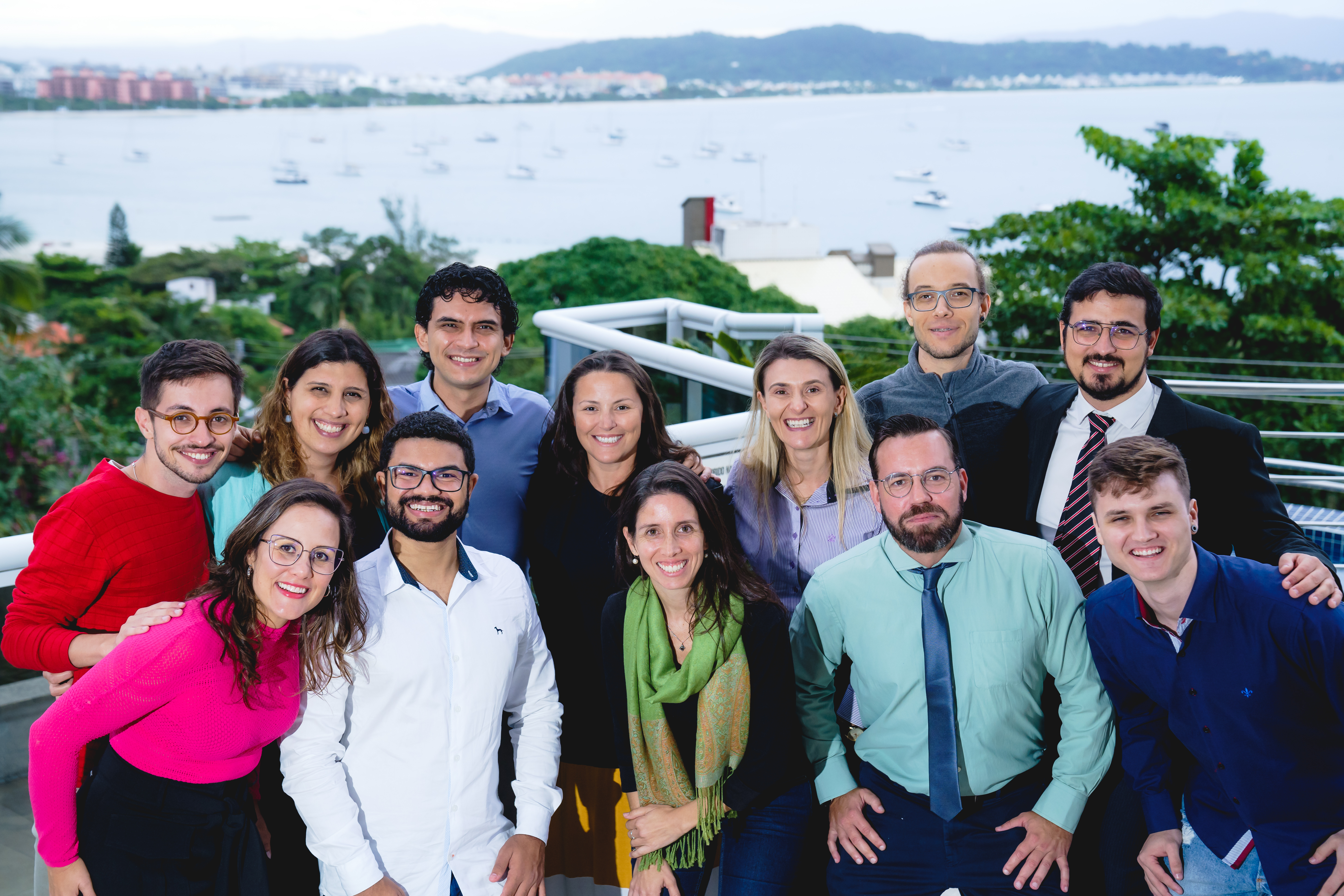
The aspect of diversity is an essential value in our selection processes, which can be seen, for example, in the large proportion of women in management and leadership positions we have today.
Why is diversity important for your startup? How does it add value?
Diverse worldviews and experiences are essential for thinking about health problems and how to face them, especially in a country with as great an ethnic and cultural diversity as Brazil.
A team with different skills and experiences working together constitutes a much more fertile environment for innovation and for a broad perception of the problems to be solved.
Everyone involved in the project is also a patient and user of healthcare services. The patient’s experience varies a lot geographically and socioeconomically.
What do you plan on doing with UNICEF's Venture Fund investment and how will you use that to leverage raising follow-on investment?
The investment will help deliver a valuable system to healthcare partners as soon as possible. We plan to launch and iterate as much as possible on the product, aiming to find a strong product-market fit that leverages real impact to the children in the pilot regions.
We plan to capture, analyze, and report these improvements in healthcare indicators, turning them into measurable metrics and publish the results as a well-planned study.
Providing strong evidence about the impact and potential of the solution will encourage other players in other regions of the world to make follow-on investments to help the development of all children over the globe.
What challenges are you currently facing in building your solution and/or startup? (name up to 3)
The main challenge by far is the bureaucratic processes and documents being asked from the partners and their EHR providers. The IT team of the city halls (which are the clients) usually don't develop nor maintain their own systems, making integrations with third parties necessary. These third-parties' interests are not aligned with patients' needs.
How can others support you in working towards overcoming these challenges?
Health professionals, secretaries, and public managers can encourage the solution application process by institutionalizing its use and collaborating with data access.
Portal Telemedicina company profile here.
Related Stories

AGUA: Revolutionizing Global Collaboration for Funding Transparency (with Growth Graduate Atix Labs)
